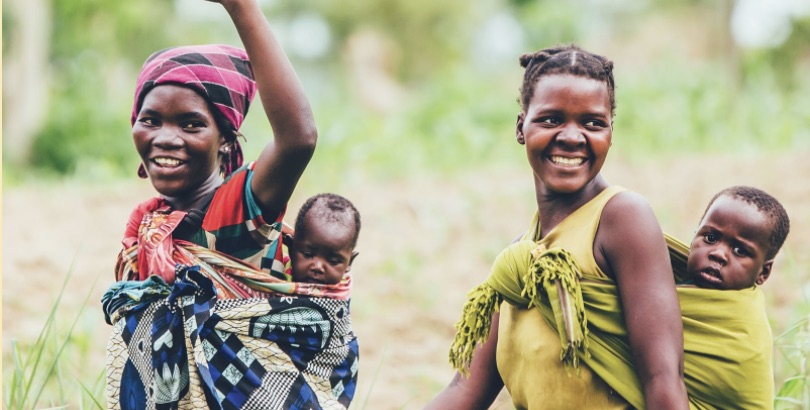When local people are a part of the solution, they are an unstoppable force for justice, change, and achievement.
Dr. Joyce Banda, former President of Malawi
Purpose of the January 27, 2021 event
- Present new research findings on the current practice of community-led development (CLD)
- Introduce new tools development actors can use to strengthen the practice and reporting of their CLD programming
Powerful speakers set the stage for understanding why these findings and tools are unique, important, and critical to enabling transformational change. In the second half of the event, participants learnt more about the Quality Appraisal Tool for CLD Evaluations, practiced using the CLD Assessment tool, and discussed the implications and applications of the findings and the tools, and next steps on this continuing journey.
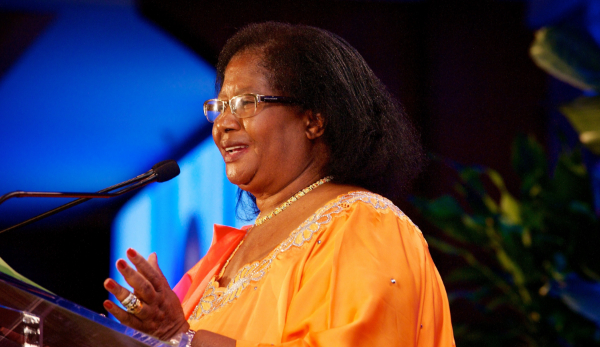
Key takeaways
In the quest for a inclusive and green post pandemic world, community-led development must be central.
In her keynote address, President Joyce Banda, former President of Malawi and the winner of the 1997 Africa Prize noted that the role of community in transforming development outcomes is fundamental to progress. “Without local community and the ability and flexible funding for local leaders to quickly pivot, design and implement highly responsive programs, development progress will not be achieved,” she emphasized. Later, the President promulgated a call to action by asserting, “We must have a global mindset shift about the power of communities, and the tools to improve locally led development programs, and the investments and programming to support the aspirations and achievements of local communities”. The Movement for Community-led Development (MCLD) seeks to provide tools and information to do just that.
The Movement is seeking to scale at the national level
MCLD is a global consortium that brings together 73 international NGOs and hundreds of civil society leaders and organizations from all over the world. It carries out national and international advocacy for the adoption of community-led development practices. It undertakes research and shares best practices to support communities to take charge of their own development and end extreme poverty.
“The Movement’s work is even more relevant and potent today in the midst of this global COVID pandemic and rising inequality. John [Coonrod’s] model shows how CLD can develop from small pilots, to scale up, to be incorporated into policies and legislation and national programs, as an important path,” noted President Banda.
Yet, even as development organizations are increasingly embracing CLD, convincing governments and funders to scale CLD at a national level is a formidable task. The lack of a common understanding of what CLD is, exacerbates the situation – how do you evaluate the impact of something that seems “common-sense yet elusive.”
What does community-led development look like in practice?
In 2019, MCLD formed a collaborative research team of 35 people from 23 different organizations to unpack current CLD practices and their relationship with development outcomes.The research team sought to answer three questions:
- How, why, and under what circumstances has community-led development worked?
- What has been the impact of CLD programming on development outcomes?
- How do we adapt existing evaluation methods to capture the complexity of CLD and its non-linear and multi-dimensional nature?
It analysed reports for 173 CLD programs across 65 countries to create the first landscape report of current CLD Practice. This draft report, titled Unpacking Community-Led Development, was released at the event and is open for feedback till February 15, 2021. A CLD Assessment Tool for organizations to improve and strengthen their program design, and a Quality Appraisal Tool that ensures that CLD evaluations are true to the principles of CLD were also launched through two learning sessions.
Speaking at the plenary session, Susan Wong, World Bank Global Lead for Community-Driven Development, noted that MCLD’s work may be one of the largest (if not the largest) research studies on community-led development. “The study that you will discuss today is very illuminating and brings forward best practices and tools that are ready for others to learn from and use,” she reflected, highlighting the importance of the collaboratively developed tools’ being launched at the event. Development leaders from leading INGOs and civil society organizations echoed her sentiments and issued a Call to Action to the development community, urging them to engage with the tools.
Practical tools to help organizations improve and refocus CLD practices
The CLD Assessment Tool is designed as a self, peer, or participatory learning tool to be used at various program junctures to assess how a program aligns with CLD characteristics. The Quality Appraisal Tool for CLD Evaluations is designed to assess the strengths or weaknesses of evaluations in terms of methodological rigor and their relevant CLD principles. Organizations can utilize both tools simultaneously or separately to collect data on their own CLD practices and promote internal learning, while at the same time contributing to our goal of improving collective CLD practices. Donors can also use these tools to ensure grants are mobilizing communities rather than making them “aid dependent”. By systematically collecting data through these tools, a better understanding of current CLD practices across the globe can be shared. Additionally, by monitoring how CLD evolves over time, we can also better understand its true impact.
Organizations must restructure their evaluations of CLD
The Unpacking Community-led Development report points to a need for funders and implementing organizations to rethink how they conduct program evaluations. The findings suggest that evaluation reports for CLD programs currently contain little information to distinguish them from other programs, making it hard to understand CLD practices or their impact. Similarly, community-based monitoring or evaluation practices, feedback loops or sharing of evaluation findings with the community is largely missing. Absence of evidence is not evidence of absence but it is a statement of what organizations and funders prioritize.
The report also underscores the need for primary research to ground findings from the study and ensure representation of community voices in the review process.
The collaborative research team has taken the first steps toward developing a common understanding of CLD and a common language to report about it. The impact of CLD is hard to capture, but these tools are a step in that direction. As President Banda remarked, “where knowledge exists, we must propel it to be actionable and accessible at all levels”. Use of these tools may take us closer to strengthening our practice of CLD and ensuring, in the President’s own words, “progress and prosperity for all.”
To learn more about the Collaborative Research and download the report and tools, click here
For questions, comments or feedback, write to gunjan.veda@thp.org
You can also provide anonymous feedback on the CLD Assessment tool here.
Quotes from leaders
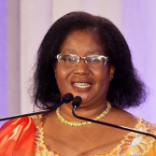
Having local communities at the table to shape and drive change today and into the future is not something that is simply nice to have, but rather it is something that we must have. It is the only way to work if impact at scale is to be achieved. – President Joyce Banda
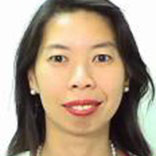
Across the globe the World Bank has seen existing community programs move very quickly to deliver assistance in the last mile to effectively target the most vulnerable. This has shown it’s really about the ability to deliver. –Susan Wong, World Bank Global Lead for Community-Driven Development
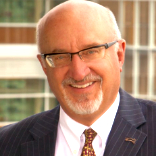
Real funding for CLD needs to back up the rhetoric.New forms of economic thinking are critical, along the lines of the work of Elinor Ostrum. – Pierre Ferrari, Heifer International.
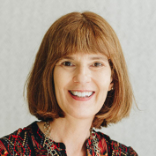
Mindset change is needed in development so we all can and will take concrete steps toward CLD, using systems approaches. We see communities as equal partners, at the center, holding all actors accountable.- Ann Koontz, Relief International
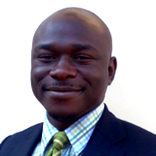
At our organization, we provide support, opportunities, and linkages for youth. We also believe CLD efforts should link to subnational governments, and accountability should be practiced in all directions. – Arthur Nkosi, Corps Africa and co-chair of Malawi National Chapter of MCLD.
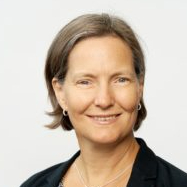
Gender-focused community-led development is the way forward. At THP, we support the global secretariat of the Movement as part of our commitment to CLD, and we urge use of this research and tools. – Lisa North, The Hunger Project
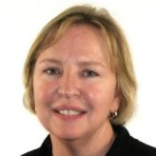
It is in the spirit of transformational development that I wholeheartedly welcome the creation of standards for community-led development to help donors, implementers, and civil society actors hold each other accountable, to learn, and improve our joint work… Use these tools, share your feedback and let us together create standards that we can aspire to and hold ourselves accountable for. – Margaret Schuler, World Vision
Photography credits: Outreach International (banner image), The Hunger Project-Mexico (below)
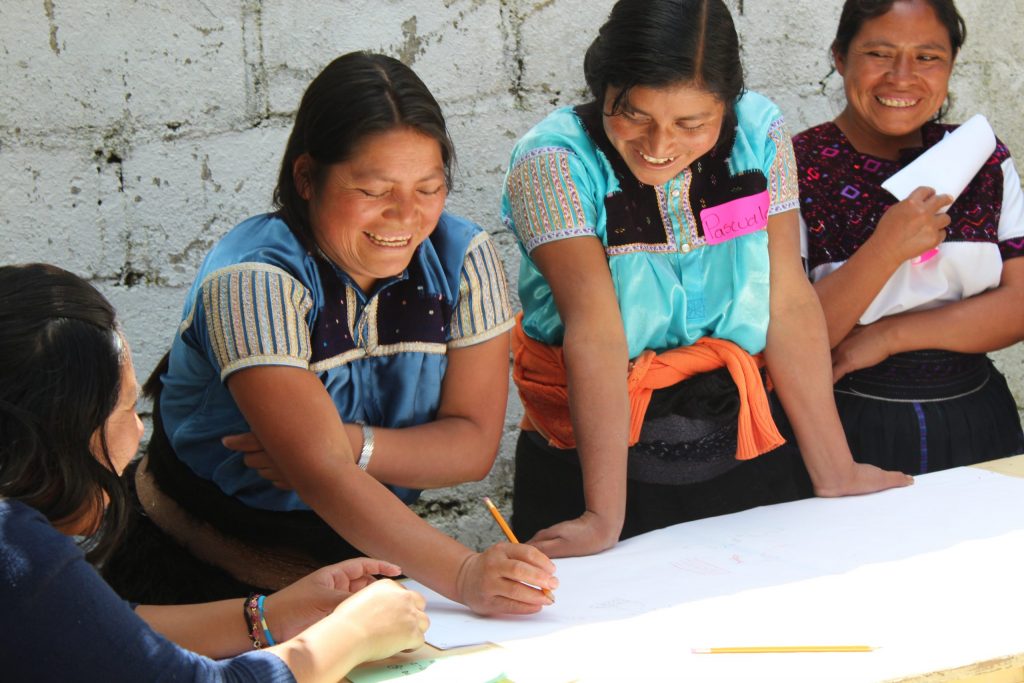
This learning event has been made possible by a grant from The Implementer Led Design, Evidence, Analysis and Learning (IDEAL) Activity. The IDEAL Small Grants Program is made possible by the generous support and contribution of the American people through the United States Agency for International Development (USAID). The contents of the materials produced through the IDEAL Small Grants Program do not necessarily reflect the views of IDEAL, USAID, or the United States Government.





